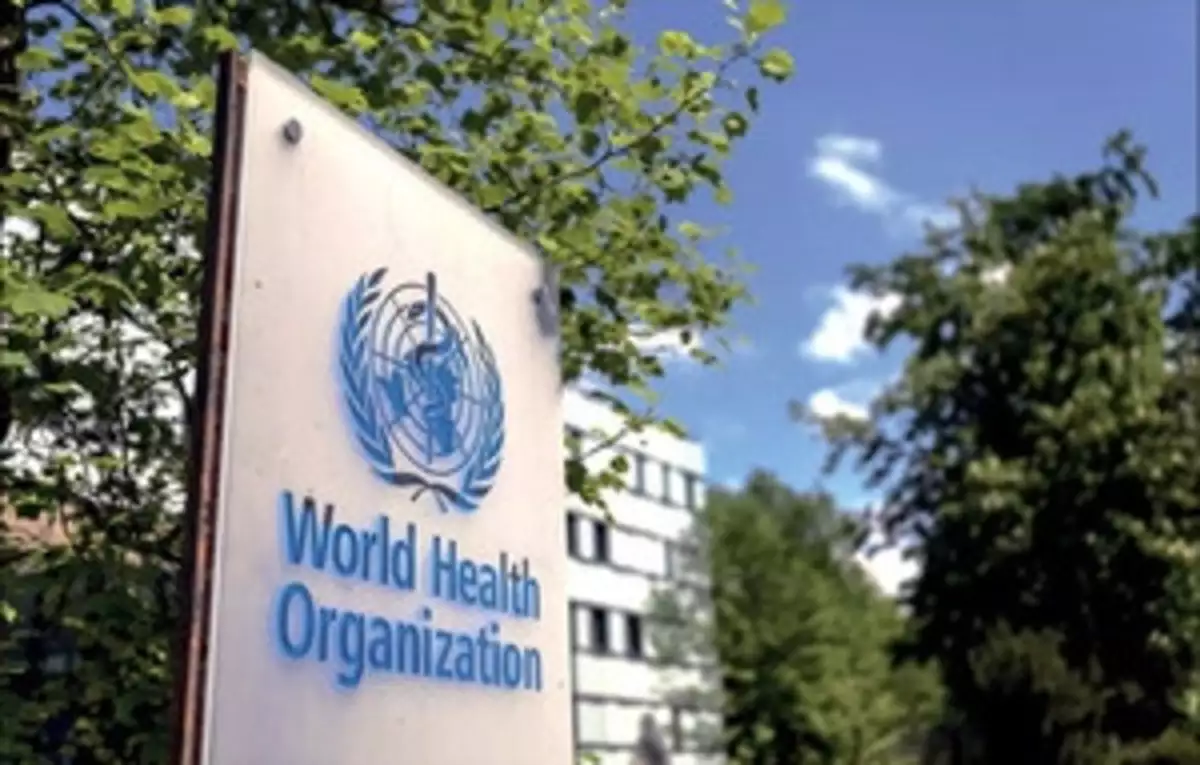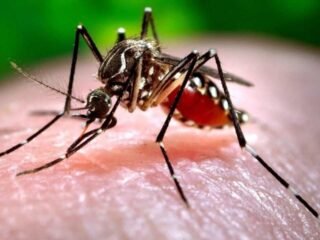New Delhi, 16 July 2025: In a concerning global health setback, the World Health Organization (WHO) and UNICEF have revealed that more than 14 million babies worldwide missed essential vaccinations in 2024, putting millions at risk of preventable and potentially deadly diseases. Health experts warn that the widening immunisation gap could lead to the resurgence of outbreaks such as measles, diphtheria, polio, and whooping cough, especially in low- and middle-income countries where healthcare access remains inconsistent.
Why Missed Vaccinations Pose an Immediate Public Health Threat
Routine childhood immunisations are the cornerstone of global disease prevention. When large numbers of infants remain unvaccinated, the protective shield of herd immunity begins to break down — increasing the likelihood of disease transmission, especially among vulnerable populations like newborns, the elderly, and the immunocompromised. Experts caution that even a temporary drop in coverage can trigger widespread outbreaks, strain fragile health systems, and reverse decades of progress in child survival rates.
Post-Pandemic Setbacks Still Disrupting Childhood Immunisation
Although the COVID-19 pandemic has officially receded, its ripple effects continue to hamper routine healthcare delivery. In many regions, healthcare services remain underfunded or disrupted, supply chains are fragile, and vaccine misinformation continues to fuel parental hesitancy. WHO and UNICEF report that countries facing conflict, displacement, or economic instability are among the hardest hit, with millions of children unable to access even their first dose of essential vaccines like DTP (diphtheria, tetanus, pertussis), measles, and polio.
First Dose Drop-Off: A Worrying Indicator of Access Inequity
Alarmingly, a significant number of the 14 million unvaccinated babies — nearly half — did not receive even a single vaccine, indicating a complete lack of access to healthcare rather than simple neglect or delay. This group, often referred to as “zero-dose children,” is largely concentrated in the poorest and most marginalised communities, where barriers like poverty, gender inequality, transportation issues, and distrust in health authorities make vaccine access nearly impossible.
Potential for Disease Resurgence Growing Across Regions
Health experts are particularly worried about a potential spike in measles cases — one of the most contagious viruses known to humans — as vaccination rates fall below safe thresholds. Measles requires a 95% immunisation rate to maintain herd protection, but in several regions, coverage has dropped below 80%. Other diseases like polio, which had been close to eradication in many countries, are also showing signs of returning due to lapses in routine vaccination.
Urgent Need for Global Reinvestment in Childhood Vaccination Programmes
WHO and UNICEF are urging governments, global donors, and health organisations to reinvest in primary healthcare systems, restore immunisation services, and prioritise reaching “zero-dose” children. This includes deploying mobile vaccination units, training community health workers, improving cold-chain logistics, and tackling vaccine misinformation through grassroots awareness campaigns. Without decisive global action, the current immunisation gap could undo years of hard-won progress in reducing child mortality.
What Parents and Communities Can Do to Close the Gap
Experts stress that parents play a crucial role in protecting their children by ensuring they follow the recommended immunisation schedule. Communities can support vaccination by encouraging trust in healthcare workers, dispelling myths, and ensuring that no child is missed due to misinformation or fear. Healthcare providers are also being called on to actively track missed vaccinations and follow up with families to close gaps in coverage.
The report from WHO and UNICEF is more than a statistic — it’s a global health alarm. With over 14 million infants missing critical vaccines in a single year, the world risks a resurgence of deadly diseases that are entirely preventable. To protect the next generation, coordinated efforts are urgently needed — combining funding, education, access, and trust. Vaccines are one of the most powerful tools in public health, and ensuring that every child receives them is not just a priority — it’s a necessity.







